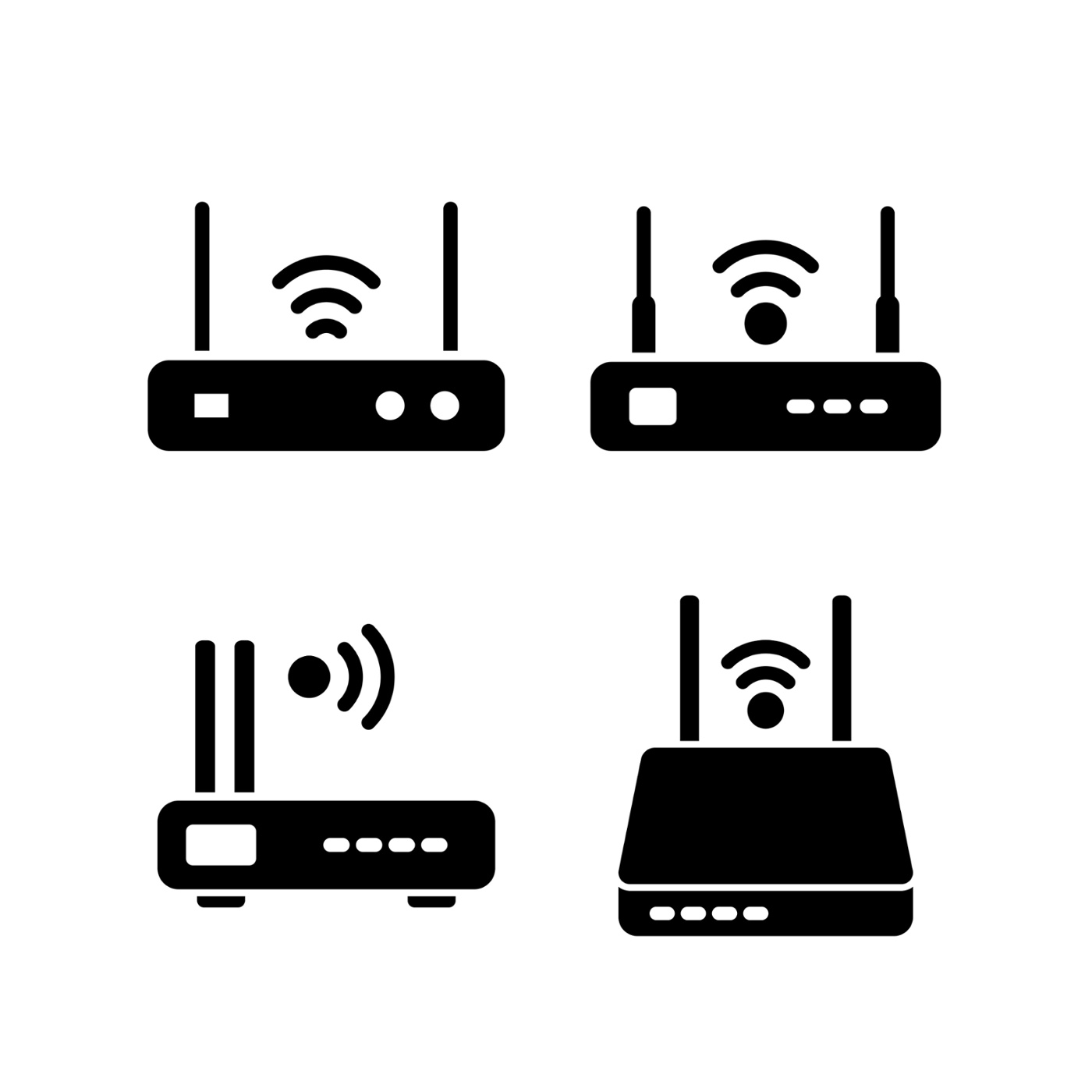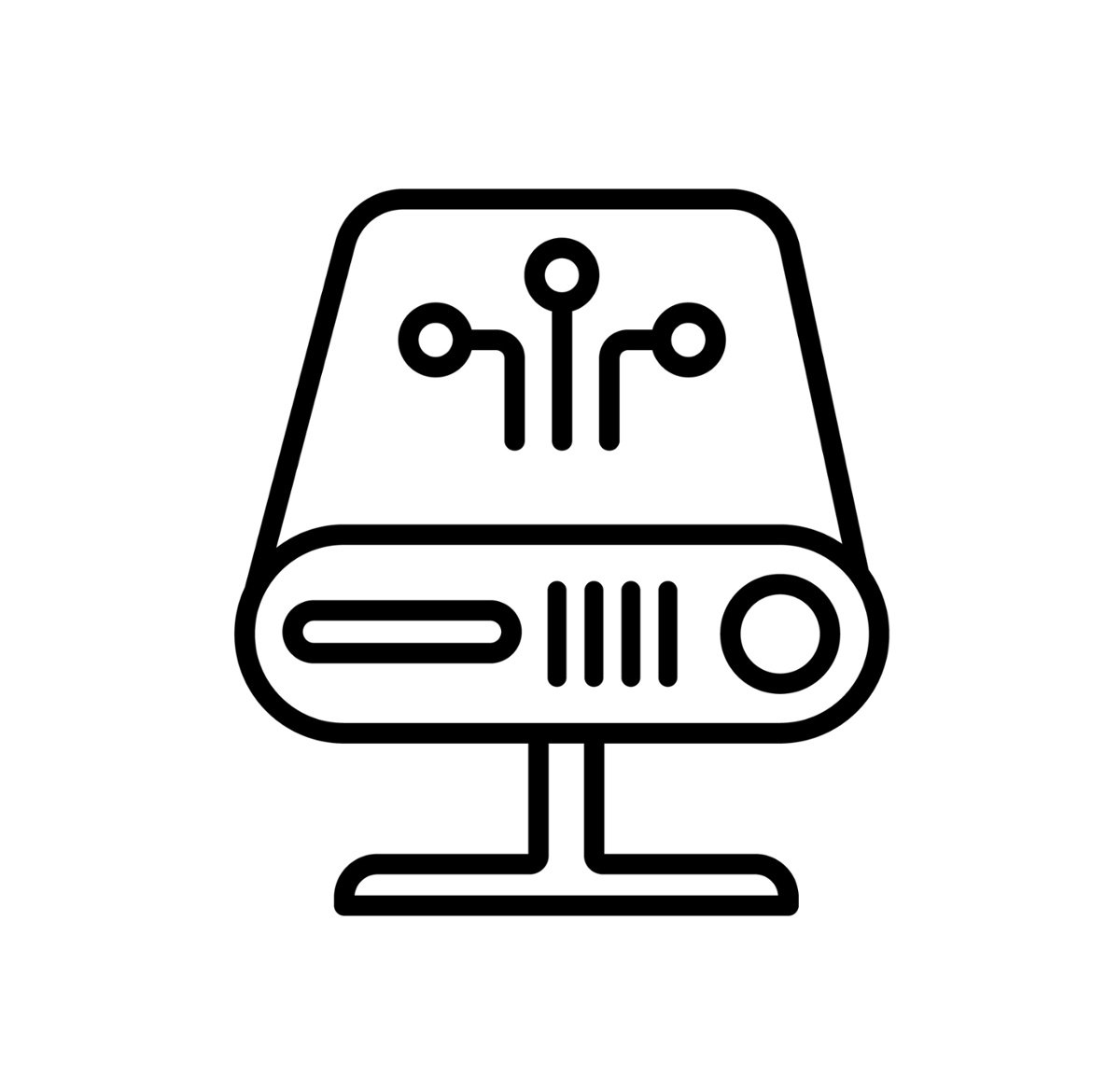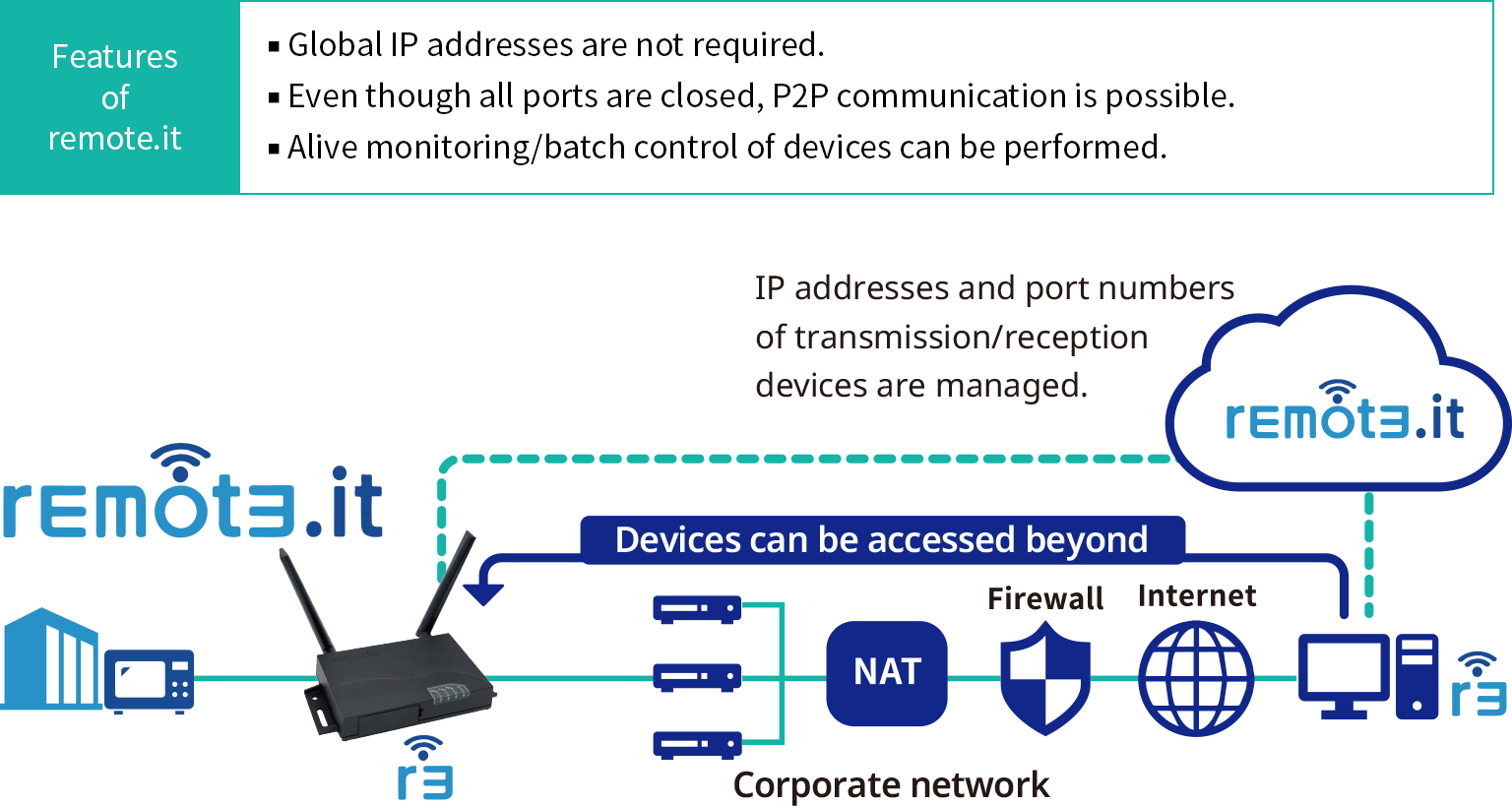Your home is getting smarter, isn't it? All those cool gadgets, from smart lights to security cameras, need a way to talk to each other and the internet. This connection point, the heart of your connected space, is something quite special.
Picking the right piece of equipment for this job, a router built for your smart devices, can feel a bit like picking out the perfect tool for a specific task. You want something that just works, keeps everything running smoothly, and fits what you need it to do, you know?
This little guide is here to help you figure out what to look for, making sure your smart home stays happy and connected without any fuss. We'll talk about what really matters when you pick one of these important devices, so.
Table of Contents
- What Makes an IoT Router Different?
- Connectivity Options for your IoT Router
- Is Security Important for your IoT Router?
- How Do You Pick the Right Size and Speed for your IoT Router?
- Considering Device Capacity for how to choose IoT router
- Getting Good Coverage with your IoT Router
- What About Software and Updates for an IoT Router?
- Thinking About Future-Proofing for how to choose IoT router
What Makes an IoT Router Different?
When you think about a regular internet box, it usually just handles your computer, phone, and maybe a streaming TV. But a router meant for your smart gadgets, well, that's a bit of a different animal. It has to deal with a lot more things that might not need a super-fast internet link, but they do need to stay connected all the time. These devices, like your smart plugs or door sensors, often send small bits of information back and forth. They don't need a huge data pipe, but they do need a steady connection that uses very little power. This is where the special features of an IoT router really come into play, in a way. They are set up to handle many, many little connections at once, keeping everything talking without slowing down your main internet speed for your laptop or phone. It's almost like having a separate, dedicated pathway for your smart home gadgets, which can make a big difference in how well they work together. You want something that can manage all these small chats without breaking a sweat, basically.
Connectivity Options for your IoT Router
The way your smart things talk to each other is pretty important when you are trying to pick out a router. Most people know about Wi-Fi, which is what your phone and computer use, but smart home devices often use other ways to communicate. There's something called Zigbee, and also Z-Wave, for example. These are special kinds of radio signals that are really good for devices that don't use much battery power and just send tiny bits of data. A good IoT router will have more than just Wi-Fi built in. It will have the ability to talk to devices using these other signals too. This means you won't need a bunch of separate little hubs plugged into your wall for each type of device you own. Imagine having one central point that can understand all the different languages your smart home gadgets speak. That makes things a lot simpler to set up and manage, you know? So, when you look at different models, check to see what kinds of connections they offer beyond just the usual Wi-Fi. It's a pretty big deal for how easy your smart home will be to live with, actually.
Is Security Important for your IoT Router?
Absolutely, keeping your smart home safe is a very big deal. Think about it: your smart door locks, your cameras, even your baby monitor could be connected to this router. You definitely don't want just anyone getting access to those things, right? A router made for smart devices should have strong ways to keep unwanted visitors out. This means it should have good encryption, which is like a secret code that scrambles your data so others can't read it. It should also let you create separate networks, so your smart gadgets are on one network and your computers and phones are on another. This helps protect your more personal data, should something go wrong with a smart device. Some routers even have built-in features that look out for strange activity, like a guard dog for your network. They might warn you if a device is acting weird or trying to send information to a place it shouldn't. So, when you are looking at how to choose an IoT router, make sure to ask about its safety features. It's really about protecting your privacy and your home, so.
- Aws Iot Remote Access Not Working
- How To Ssh Into Raspberry Pi Outside Network
- Device Management Platform Iot Tutorial
- Beegin
- Vnc Security Risk Issues
How Do You Pick the Right Size and Speed for your IoT Router?
Picking the right router means thinking about how many smart things you have now, and how many you might get later. It's not just about how fast your internet is, but how many little connections the router can handle at the same time without getting overwhelmed. If you have just a few smart light bulbs, you might not need something super powerful. But if you're planning on having smart blinds, a smart thermostat, several cameras, and a bunch of other sensors, then you need a router that can keep up with all those conversations. Think of it like a party: a small party with a few friends is easy, but a huge gathering needs a lot more space and someone to manage all the different groups of people talking. The router is that manager. You want one that can handle all your smart devices without breaking a sweat, letting them all chat away happily without causing any slowdowns for your regular internet use. It's a balance, you know, between what you have and what you might add later, so.
Considering Device Capacity for how to choose IoT router
When you're trying to figure out how to choose an IoT router, one of the first things to think about is how many smart gadgets you actually have, or plan to get. Every smart light bulb, every smart plug, every sensor counts as a separate connection to your router. A regular router might get a bit bogged down if you have dozens of these little devices all trying to send small bits of information at the same time. A router made for smart homes is built to handle many, many connections. It's like a traffic controller that's really good at managing a lot of small cars, rather than just a few big trucks. Some routers are designed to manage just a handful of devices, while others can easily take care of a hundred or more. So, take a moment to count up your smart home items, and then think about what you might add in the next year or two. Getting a router that can handle more than you think you need right now is usually a pretty good idea, as a matter of fact. It gives you room to grow without needing to buy a new one later.
Getting Good Coverage with your IoT Router
The signal strength of your router is super important, especially for smart devices that might be a bit further away from where the router sits. Think about your smart doorbell out by the front door, or a temperature sensor in the garage, or even a smart light in a far corner of your house. These devices need a strong, steady connection to the main router to work properly. A router that's good for smart homes will often have stronger antennas or use technologies that help the signal reach further and go through walls more easily. Some even let you add extra signal boosters, or they are part of a "mesh" system, which means you have several little boxes that work together to spread the signal all over your home. This helps get rid of those "dead spots" where your smart devices just can't connect. So, when you are looking at how to choose an IoT router, consider the size of your home and where your smart gadgets are located. You want to make sure every single one of them gets a clear, reliable signal, you know, otherwise they just won't work right.
What About Software and Updates for an IoT Router?
Just like your phone or computer, your router has software that helps it run. This software, often called firmware, needs to be kept up to date. Why? Because these updates often bring new features, make the router work better, and, very importantly, fix any safety weaknesses that bad actors might try to use. A good router will have a company that regularly puts out these updates. It should also be easy for you to install them, perhaps even automatically. You don't want a router that gets forgotten by its maker, leaving it open to problems down the road. Some routers also come with easy-to-use apps for your phone that let you control settings, see what devices are connected, and even set up things like guest networks. This makes managing your smart home network much simpler. So, when you are picking out a router, think about how easy it will be to keep it current and how much control you'll have over it. It's pretty much about making sure your router stays smart and safe over time, so.
Thinking About Future-Proofing for how to choose IoT router
It's a pretty good idea to think ahead a little bit when you are trying to figure out how to choose an IoT router. Technology changes pretty quickly, and new smart home gadgets are always coming out. You don't want to buy a router today that will be completely out of date in just a year or two. Look for a router that supports the latest versions of Wi-Fi, like Wi-Fi 6 or even Wi-Fi 6E, if you can. These newer versions are better at handling lots of devices and moving data faster. Also, consider if the router can add new types of connections later on, maybe through an update or by adding a small module. This might not be possible for every router, but some are more flexible than others. Basically, you want a router that can grow with your smart home. It's like buying a slightly bigger pair of shoes for a growing child; it gives them room to move and develop without needing a replacement right away. So, pick something that has a bit of room to stretch into the years ahead, you know, for all those cool gadgets yet to come.
Related Resources:



Detail Author:
- Name : Gisselle Mayert
- Username : ylegros
- Email : rempel.davon@hauck.info
- Birthdate : 1987-02-05
- Address : 48451 Krajcik Hill Apt. 693 Marvinbury, NY 42549
- Phone : 606-642-6672
- Company : Shanahan, Gleichner and Klocko
- Job : Air Crew Member
- Bio : Consectetur omnis temporibus dolor vero recusandae occaecati distinctio. Quo aliquid voluptatem cupiditate temporibus velit et voluptates. Ex voluptatem est optio vel laudantium nihil.
Socials
twitter:
- url : https://twitter.com/kschultz
- username : kschultz
- bio : Aliquam ab ab a commodi. Dicta ex atque nemo distinctio.
- followers : 2029
- following : 2783
facebook:
- url : https://facebook.com/kyleighschultz
- username : kyleighschultz
- bio : Accusamus reprehenderit enim eius sit in aut magnam libero.
- followers : 6282
- following : 2884
instagram:
- url : https://instagram.com/kyleigh.schultz
- username : kyleigh.schultz
- bio : Dolorem et ut repellendus ratione. Ut nostrum et et. Sint quae omnis ea hic fuga.
- followers : 2773
- following : 2149
tiktok:
- url : https://tiktok.com/@schultzk
- username : schultzk
- bio : Odio molestiae aut aut incidunt rerum. Quia quidem quia non neque et magni.
- followers : 2880
- following : 2738